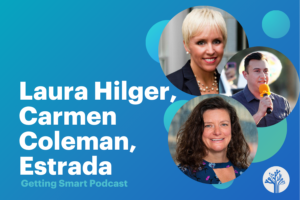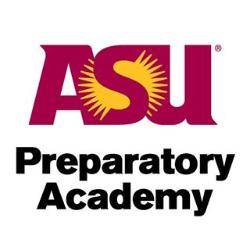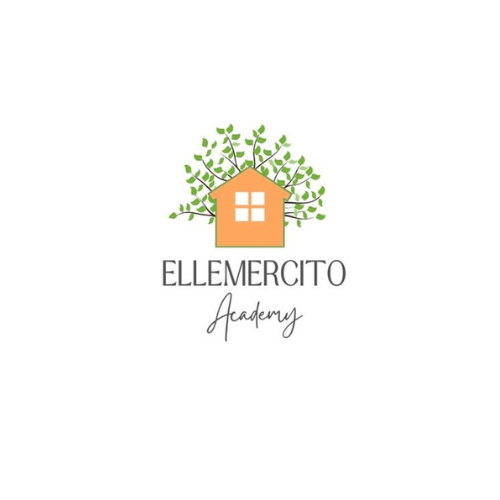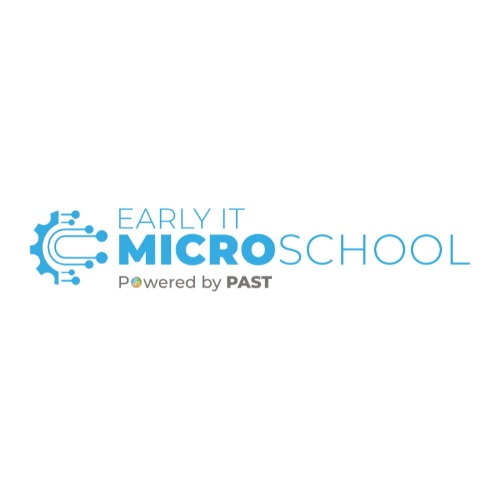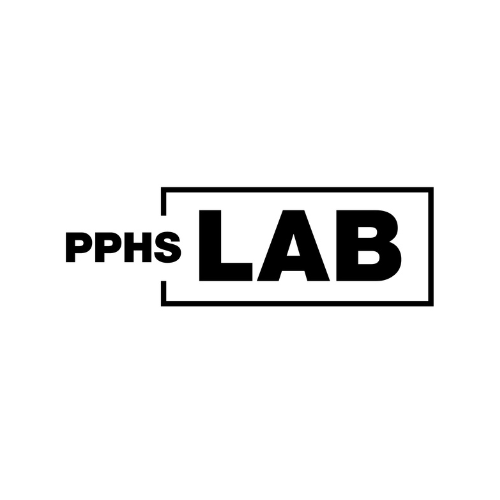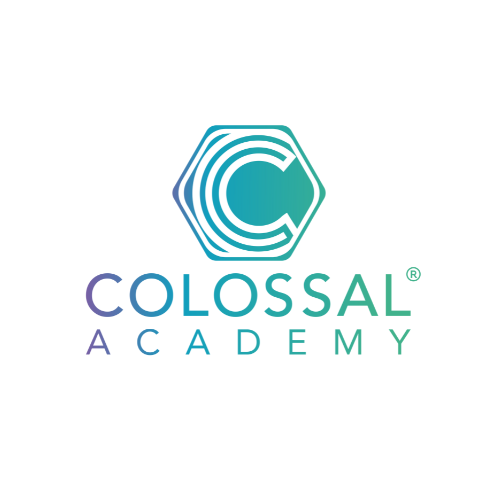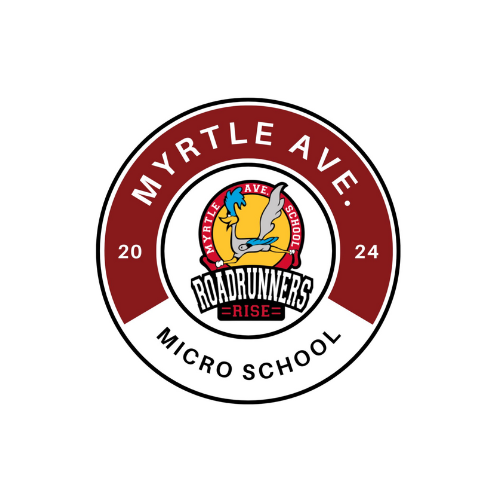Learning Innovation Fund
A Place For Every Learner
The Learning Innovation Fund is the grantmaking arm of Getting Smart Collective that makes innovation investments to ensure equity and access for every learner.
Big Push for Small Schools: Grants for Microschools
The Fund’s first grant program, A Big Push for Small Schools, is a multi-year initiative aimed at catalyzing innovation and growth in microschool models. These small schools, rooted in a historical tradition of cooperative and small-scale learning, are envisioned to become diverse, sustainable, and impactful alternatives within the educational landscape. The grant program focuses on promoting quality, equity, and accessibility by fostering a network of microschool leaders, providing technical assistance, and offering grants to propel the development of these innovative learning environments. Funding is provided by the Walton Family Foundation. While we are not actively funding any cohorts for the 2025-2026 school year, you can check out the announcement of our most recent cohort and learn more about them below.
If you’d like to stay in informed about future grant opportunities, please subscribe to our newsletter for updates.
Theory of Change
For microschools to be a high quality, equitable and sustainable option for all children, schools need technical support, communities of practice, and financial support. The key to scaling and sustainability is informal and formal microschool networks.
Meet Our Grantees
ASU Prep Digital+
Created for high school students in grades 9–12, ASU Prep Microschool offers a hybrid learning experience that combines at-home learning with in-person collaboration and project-based learning at local ASU college campuses.
Ellemercito Academy
An independent microschool in California serving students in grades PK-7, focused on fostering a culturally responsive and trauma-informed learning environment.
Issaquah School District
A public district school in Washington, piloting a microschool model for grades 9-11 that emphasizes project-based learning and community engagement
Early IT Microschool Powered by the PAST Foundation
A groundbreaking program in Ohio for students aged 16 to 22, blending high school and college coursework with hands-on work experiences and mentorship in IT.
Purdue Polytechnic High School Lab School
Located within Cornerstone Lutheran Church in Indianapolis, this microschool offers a unique, personalized learning experience for students in grades 9-10. Offered through a public charter school in Indiana, it provides a project-based, industry-aligned curriculum focused on STEM education and real-world problem-solving.
Colossal Academy
Serving students in grades 6-12, this academy provides education through both brick-and-mortar and virtual schools, emphasizing experiential learning with real-world applications.
The Lab School of Memphis
An innovative, learner-centered educational model combining academic rigor with hands-on experiences, empowering learners aged 4-14 to develop lifelong skills.
Spark Community Schools
A community-focused microschool offering small class sizes and personalized learning, ensuring each student receives the attention and support they need to thrive.
Kind Academy
Founded in 2016, this microschool network blends Montessori, Reggio Emilia, and Conscious Discipline to create a compassionate and innovative learning environment
Black Mothers Forum Microschools
A network of microschools that provides culturally responsive education to K-12 learners, emphasizing trauma-informed and holistic learning approaches.
Primer
A growing network of microschools that integrates technology and innovative teaching methods, offering small class sizes and a personalized curriculum tailored to each student’s learning style and interests.
Myrtle Avenue Elementary School (Escondido School District)
Embracing a multicultural approach to whole-child education, this microschool fosters inclusive and innovative learning experiences.
Hidden Valley Elementary School (Lamont Elementary School District)
Focused on personalized learning and competency-based education, this microschool aims to create a collaborative and community-centered learning environment.

Case Study: Microschools: Sustainable Growth Strategies
In this case study, we take a look at three microschools that are thinking about growth and scale in new and different ways: Kind Academy, Colossal Academy and Primer.
Here’s what our grantees are up to…
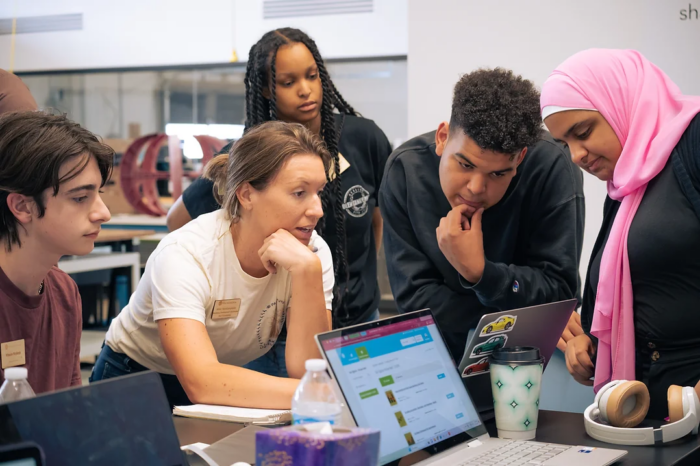
Workforce Focused Micro School Partnerships Expanding!
Has been selected as a member of the LAUNCH Ohio team with Jobs for the Future. The partners for this include representation from: Ohio Department of Higher Education, Ohio Workforce and Education Department, Industry (advanced manufacturing, health care and cyber security/IT), our partner districts and ESCs for the Micro Schools, Lt. Governor Husted’s Workforce Transformation Team and Ohio Excels. The goal for this working group is to watch and monitor barriers to implementation (state policy, local policies, laws, boards etc.) that arise as we work toward the successful implementation of innovative practices that result in an improved workforce either through direct employment after high school or after training in a 2 or 4 year institution of higher education.
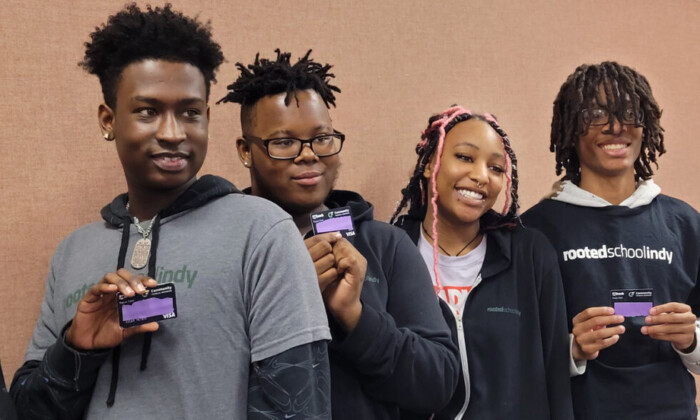
CSP for CMO Award Recipient
Rooted School received a $4m grant from USED to replicate 3 new charter high schools in NV, OH, and SC over the next 5 years.
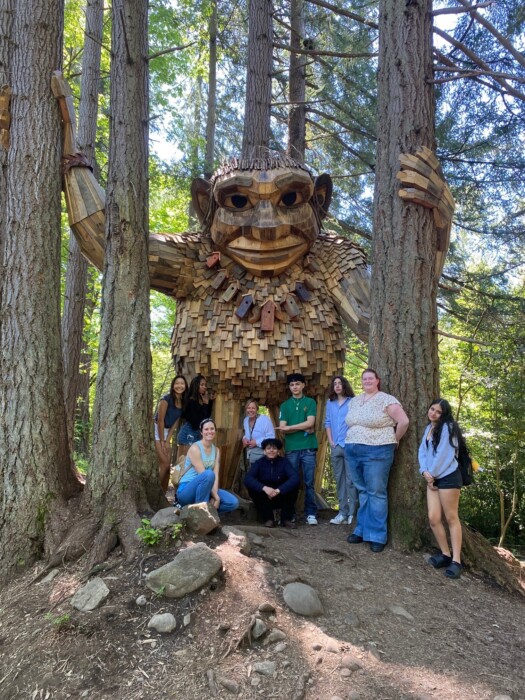
Issaquah SD Microschool spends time in the community.
A small group of students from the microschool hit the trails around the school to investigate native and invasive plants while collecting water samples from streams and ponds in the area. The students also took a moment to meet Issaquah’s troll, Jakob Two Trees.
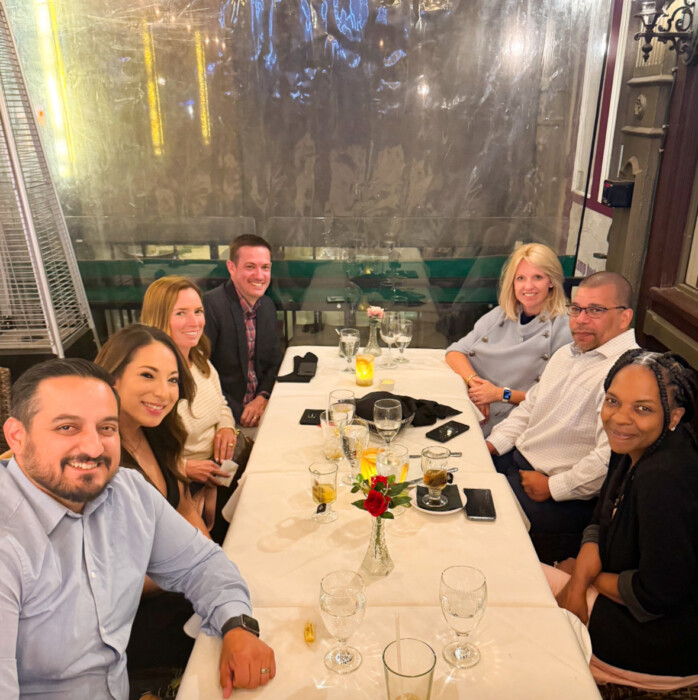
ASU Global Prep + Ellemercito Academy Partnership
A cooperative initiative began between Ellemercito Academy and ASU. This partnership combines the strengths of ASU, the largest public university in the U.S., with Ellemercito Academy’s pioneering microschool model to introduce a new product specifically designed to meet the unique needs of microschools. The collaboration emphasizes a mutual focus on innovation, sustainability, and global impact, enhancing personalized learning pathways and broadening the reach to students seeking new and diverse educational models.
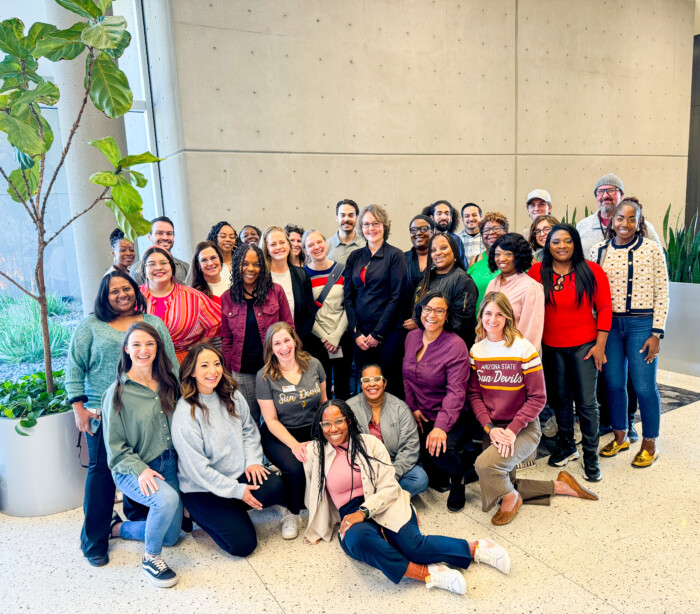
Microschooling Reaching Far & Wide
Ellemercito Academy was recently chosen as fellows for the ASU Prep Microschool Entrepreneur Fellowship. Additionally, Founder Lizette Valles recently contributed to the global discourse on educational freedom through a submission to the UN Special Rapporteur on the right to education, Ms. Farida Shaheed.
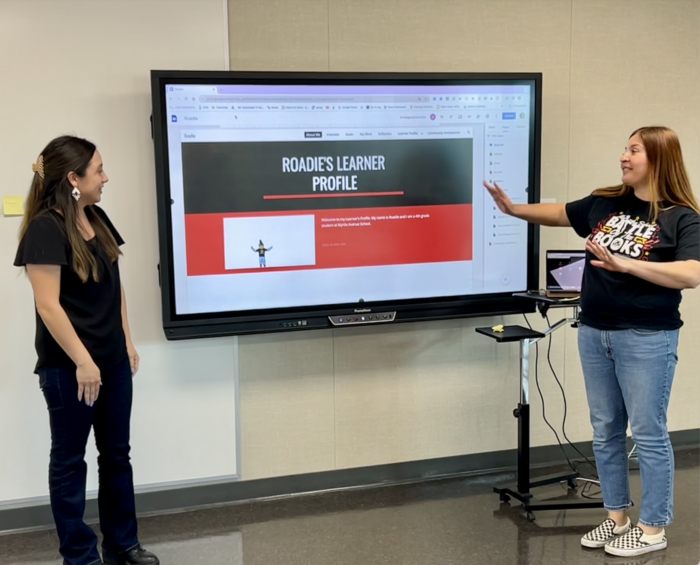
Innovative Prototypes
Both Hidden Valley Middle School and Myrtle Elementary created prototype innovations for their microschool launches in the fall. These prototypes include competency-based portfolios, genius hours, community-connected interdisciplinary projects, and innovative schedules. We’re now moving into testing and refining these prototypes with opportunities for student and community feedback.
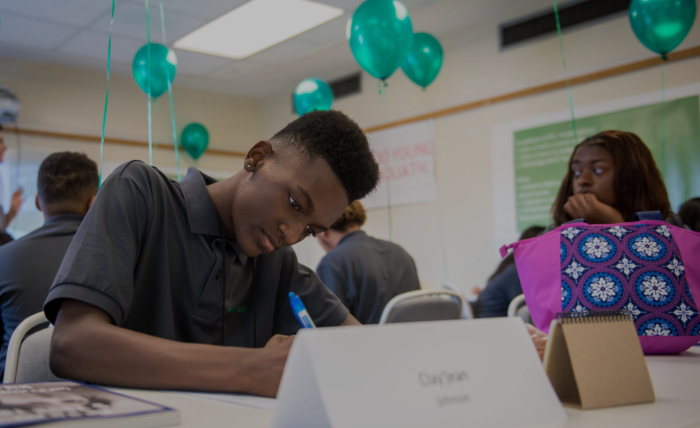
City of New Orleans Partnership
Rooted School Foundation secured $1M from the City of New Orleans to grow The $50 Study to reach more high school students in New Orleans over the next three years.

Rexburg Charter Petition Approved
Gem Prep has 3 learning environments- Online, Full Size Brick and Mortar, and Learning Societies. On February 8th, Gem Prep was approved to open a new campus in Rexburg, Idaho. The Rexburg campus will be Gem Prep’s 9th full size campus. The school district where this campus will be located is the largest district in Idaho without a charter school. Consequently, when Gem Prep opens, for the first time, families in Rexburg will have a choice about where their children are educated. This is a big moment for Gem Prep and for Rexburg, Idaho.
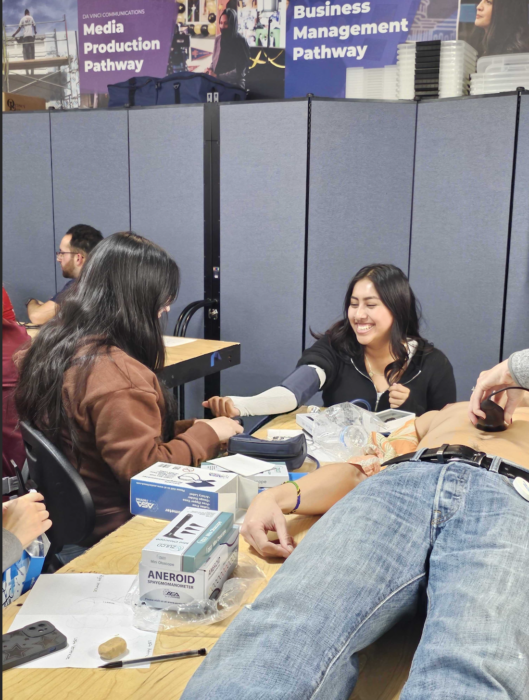
Da Vinci RISE Partners with Kaiser Permanente School of Medicine!
Da Vinci RISE High School has partnered with the Kaiser Permanente Bernard J. Tyson School of Medicine to deploy a Healthcare Exposure Series called “The Heart of Medicine”. During session 1, students were exposed to career paths in medicine through a series of medicine and professional development focused sessions. They began their exploration through an examination of the heart. Within the second series the students learned about common diseases and social determinants of health. The vision is that this series of medical courses will evolve into a pre-med pathway instilled in the RISE framework.
More Details
In addition to grantmaking, this project will also include knowledge creation, research, and community engagement. Through compelling storytelling, case studies, and community conversations, the campaign aims to amplify awareness of microschools’ potential, while also developing practical tools and resources for prospective school developers. A dedicated Community of Practice will also provide a platform for microschool leaders to collaborate, problem-solve and share insights. For more information on microschools, visit the Getting Smart microschool series page.
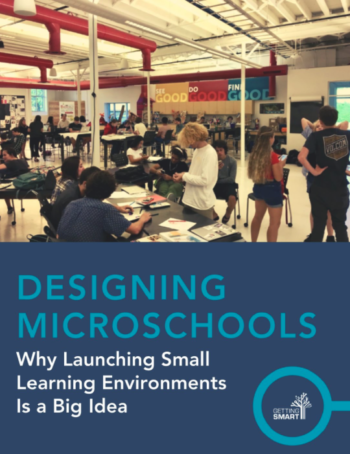
Designing Microschools: Why Launching Small Learning Environments Is a Big Idea
This resource from Getting Smart provides examples of microschools and addresses why you’d want to start a microschool, how to start a microschool and how to know if it is working.


